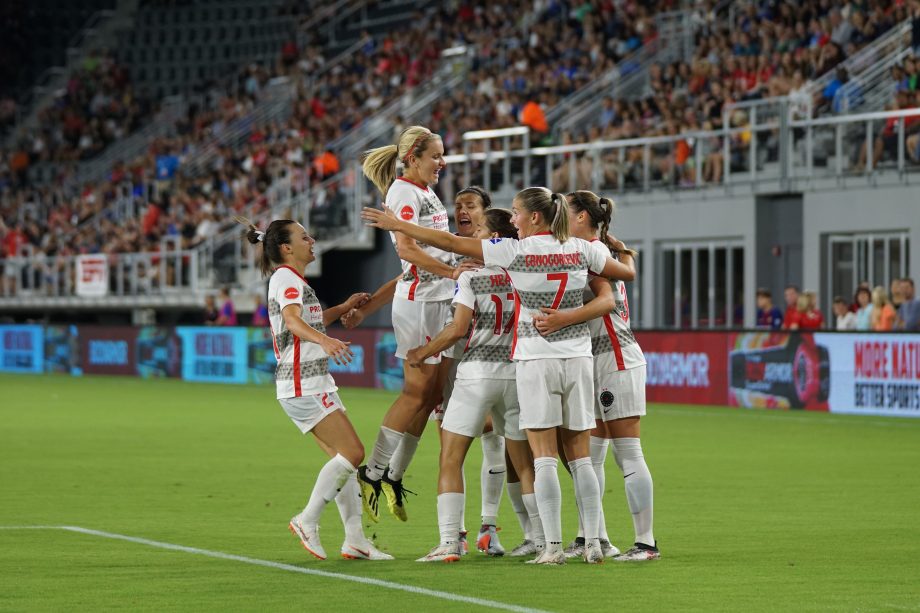Last week I presented you with some questions to reflect on your season and your methodology for this reflection process. Taking notes, having clear records of what went well and wrong during the season according to your feelings and interpretation of the moment. All these are great ways to become better and develop, but today my goal is to go even deeper into this discussion: emotions aside, how good were you and how are you measuring your success/failure?
In the presentation for this topic, I mentioned that it is very easy to be “fooled by emotions” and impactful details during a season: a shot that doesn’t go in in the last second, a player’s injury in an important moment, a mistake by a referee, all the usual events and excuses that we know can be common from coaches. But what are you measuring? How are you tracking success? Do you have a database or a platform that can not only save you time during the season but also be a key tool to explore in the off-season (look at the picture for an example of what I could do with VO Sports tools)?

I have worked in plenty of teams, from amateur and youth teams through college and professional level, and one thing I always implemented was having a way to measure what is a good game (or season) apart from the score. You can win a basketball game by 2 points and play much better according to your standards than in a 20-point blowout. While players will probably be led by emotions and perhaps think they did a better job in the game they won by a bigger score, as coaches, we are responsible for looking ahead, looking deeper into performances and having a clear path and expectations about what makes a good performance.
From my experience, the off-season is the best period to look at previous performances, find what your goals and expectations are for the future, and create ways to evaluate success. No matter what level you are currently coaching, data and video analysis can be impactful even when having minimal or no budget at all. I have had parents doing stats for me, players on the bench doing the same, having a friend recording the game for me so I can watch it later. All this came with 0$ invested, but with a major impact in development during the season. Without any of these resources, the off-season becomes too subjective, which is never a good thing for realistic analysis. So now, what do you do with this information? How do you evaluate and track success so it can become more objective and less result-based? I like to use Team Key Performance Indicators (known as KPI’S) that will help me evaluate performances along the season based on criteria and parameters I chose that follow our team principles and methodology. What are yours? Do you want to know more about it? I’ll talk about them next week.

